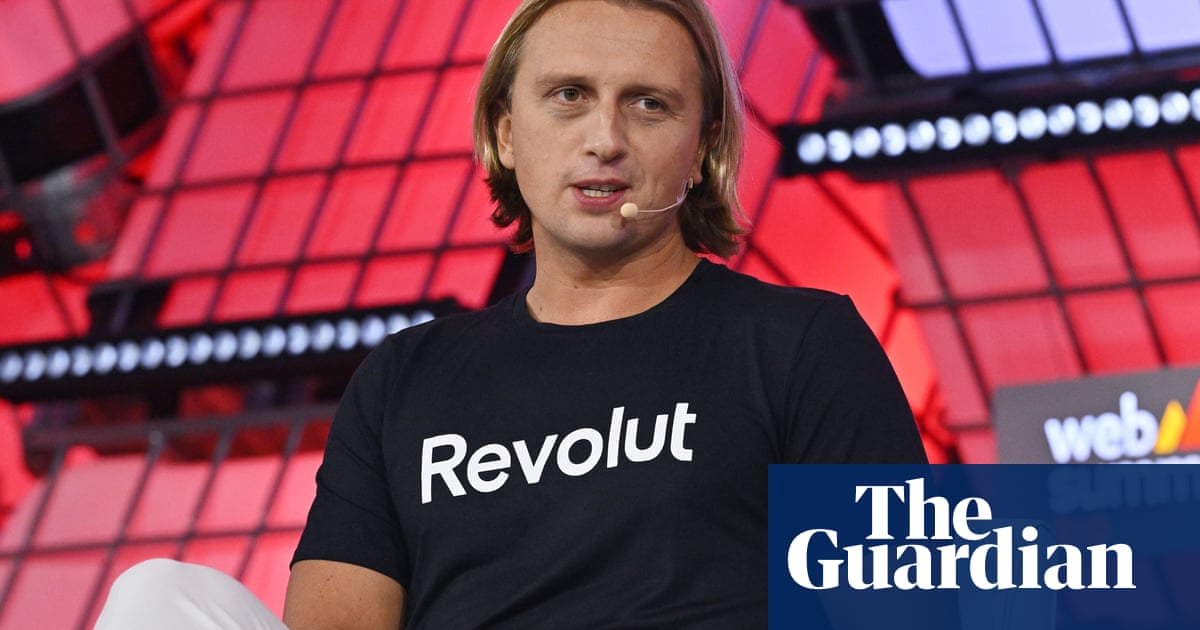Over the past six months or so, the Atlantic has been assembling more and more reporting talent, including by poaching some of the biggest stars from the troubled Washington Post.
One of the best intelligence reporters in the country is Shane Harris, who moved from the Post to the Atlantic last summer.
Harris shared the byline this week on the Atlantic’s shocking scoop, in which top editor Jeffrey Goldberg inadvertently was given access to a group text where top US officials were planning a strike in Yemen.
Before they published and at every step along the way, the Atlantic conferred with knowledgable lawyers about how to proceed. The journalists revealed what they had in stages, and carefully.
The Atlantic thus was a model of caution and good judgment.
“Jeff Goldberg and The Atlantic handled the whole thing perfectly,” Martin Baron, the renowned editor who led the Washington Post newsroom until 2021, told me in an email on Thursday.
The journalists’ actions “could be a college journalism class in careful, ethical handling of sensitive information”, said David Boardman, dean of Temple University’s media school.
The contrast was sharp between those well-considered measures and the dangerous negligence at the highest level of the Trump administration. One awful thing is that this incompetence is baked in; in a very real sense it is intentional. Just as “the cruelty is the point,” as writer Adam Serwer said years ago of Trump World, so is the bumbling.
It’s an offshoot of the only thing that really matters to Trump: loyalty.
“Carelessness – or any of the injurious attributes of clowns, idiots and buffoons – is something Trump can trust,” noted John Stoehr, who writes The Editorial Board, a politics newsletter. “When things go south, as they will, he can trust them to cling to him more tightly, as by then, he might be the only thing standing between them and a jail cell.”
Here’s one telling detail. When Tim Miller on the Bulwark’s daily podcast asked Goldberg about the covert CIA operative who was named in the text thread, the Atlantic editor said he purposely withheld her name.
“I didn’t put it in the story because she’s under cover. But, I mean, the CIA director put it in the chat.”
Yet, inevitably, Trump loyalists responded by trashing Goldberg and the Atlantic. Always attack, as Trump learned decades ago at the knee of the disgraced lawyer Roy Cohn.
Thus, Goldberg was described as sleazy, and the magazine itself as hyper-partisan and failing.
The press secretary, Karoline Leavitt, called the story “another hoax written by a Trump-hater who is well-known for his sensationalist spin”.
You would have to be plenty credulous or truth-averse to buy that, and much of Maga Nation is just that, including those who relied on Fox News – where, soon after the story broke, prime-time host Jesse Watters made himself part of the defense team: “Journalists like Goldberg will sometimes send out fake names with a contact with their cells to deceive politicians. … This wouldn’t surprise me if Goldberg sneaked his way in.”
after newsletter promotion
The Atlantic’s CEO, Nick Thompson, noted the contrast: “One lesson from this story: how honest, consistent and careful with national security the best reporters are, compared to the people who always attack them.”
Pete Hegseth, the Fox News personality turned defense secretary, played the blame game rather than concede his culpability. “You’re talking about a deceitful and highly discredited so-called journalist,” Hegseth said of Goldberg.
Granted, a scintilla of acknowledgment came from the secretary of state, Marco Rubio, who said “somebody” made a mistake by adding a journalist to the chat, but that didn’t begin to touch the utter lack of security provisions that were laid bare – the apparent use of personal devices by these powerful officials, the reliance on Signal, the messaging app that’s inappropriate for such uses, and so much more.
That Goldberg and the magazine are being targeted by Trump and others in his government, Baron told me, was a sign of the administration’s “desperation, its unwillingness to accept responsibility for its own egregious blunders and the hollowness of its attacks on the media”. Just so.
Shining a bright spotlight on this mess was a public service. One can only imagine what other information has been as recklessly handled.
Maybe this revelation will prevent future lapses, though with this crowd in charge I wouldn’t count on it. Instead, we’ll see punitive leak investigations and even more efforts to control information.
Still, this chapter does show the value of conscientious journalism in an increasingly dangerous environment.
There has been plenty of sleaziness on display in recent days – but it has nothing to do with the Atlantic’s exemplary reporting.
-
Margaret Sullivan is a Guardian US columnist writing on media, politics and culture

 2 months ago
52
2 months ago
52

















































